KENT—The issue of whether the town will install automatic traffic speed enforcement cameras on the approaches to the community will be taken to referendum on Tuesday, Jan. 7.
The voting will take place at Kent Town Hall, 41 Kent Green Blvd., from 6 a.m. until 8 p.m.

Residents will vote on two questions: whether a proposed ordinance authorizing use of the devices should be approved and whether to expend up to $46,296 to purchase two cameras, the amount approved by the Board of Finance.
While cars speeding through town have been a safety issue for years on Kent’s busy streets, the move to bring speed control enforcement cameras to town is proving to be controversial, with some residents seeing it as another form of taxation and still others fearing it will mark Kent as a town unfriendly to visitors.
The cameras would record the speed of passing cars and those going more than 10 mph over the speed limit would be issued $50 tickets (plus a $15 processing fee) after the video is reviewed by a human monitor. The tickets would be civil enforcement and would not go on the driver’s record or result in points on his or her license.
A hearing was held Nov. 22, but some residents left feeling dissatisfied with the lack of specific information provided by town officials. In subsequent Board of Selectmen meetings, Selectman Lynn Mellis Worthington pushed for the lingering questions to be answered.
She also questioned the cost to the town of going to referendum.
First Selectman Martin Lindenmayer assured her there is sufficient money in the Registrar of Voters account to pay for the referendum and that absentee ballots will be made available.
“We need a referendum because this seems to be the type of discussion that engages a lot of people’s attention,” he said. “It will take the pulse of the town.”
Worthington also questioned voting on a Tuesday, saying it is “not a common day” and that the last two referenda on the Region 1 budgets attracted only 74 and 68 voters. Lindenmayer responded that the recent national election was on a Tuesday and “had a big turnout” and that the availability of absentee ballots could increase the number of votes cast.
But the biggest issue on Worthington’s mind was answering the lingering questions residents have about implementation of the proposed ordinance.
She pushed to create a document that would define issues such as where the cameras would be located, what the expenses for the program and revenue from fines might be, who would monitor the data, how the fines would be collected and what enforcement might look liked for those who do not pay.
Lindenmayer said the majority of motorists do respond when tickets are issued.
“It is a social contract, which we abide by in the U.S.,” he said. He added that those who do not honor the tickets could be prevented from registering a new vehicle.
“You should tell people that this is the way it will go, that there will be enforcement, monetary or on their registrations,” said Tax Collector Debbie Devaux, who attended the first of the two selectmen’s meetings.
Worthington said the Selectmen should highlight that portion of the ordinance that dictates how revenue from fines can be spent. The money would not go into the town’s general fund and must be used for road related issues such as signage, road repairs, to create pull-offs and the like.
Lindenmayer argued that much of that information was explored at the hearing and said the Selectmen cannot define how the program will be administered until the ordinance is passed.
“It would be smarter to make the decisions before we go to vote,” Worthington countered. “People were upset because there was too much ‘we could do this, or we could do that.’ We need to be really clear on the plan.”
But in the second meeting to discuss the issue, Lindenmayer remained convinced that no plan for implementation can be put forward until the ordinance is in place.
“What they will be voting on is in the ordinance itself,” he said. “We can’t be an advocate one way or other. We can only deal with the facts, not what we might do. We would be leading people to believe it will be that way when it might not be.”
He did confirm, however, that the first placement of the two cameras would be marked by conspicuous signs saying that speed enforcement cameras were being used and that the cameras would be placed north and south of town before the speed limit drops to 25 mph in the village center. No ticket would be issued until a speeder is recorded as going 10 mph above the speed limit.
Worthington noted that the data collected over five weeks last spring showed that 31,000 speeding tickets would have been issued. She found that evidence to be “compelling” that an ordinance slowing traffic is needed and argued that that information, at least, should be posted before the referendum.
Lindenmayer agreed that it would be “factual,” not speculative, to provide that information.
He added that any implementation plan would be open to the public for discussion before it is submitted to the state for approval.
Persons wishing to obtain absentee ballots for the referendum need to apply by downloading an application here. The forms should be presented to the Town Clerk in person, via email to townclerk@townofkentct.org or be mailed to Town Clerk, P.O. Box 843, Kent, CT. 06757 A ballot will then be mailed to voter.
Any questions regarding absentee voting should be directed to the Town Clerk’s Office at 860-927-3433 or townclerk@townofkentct.org.


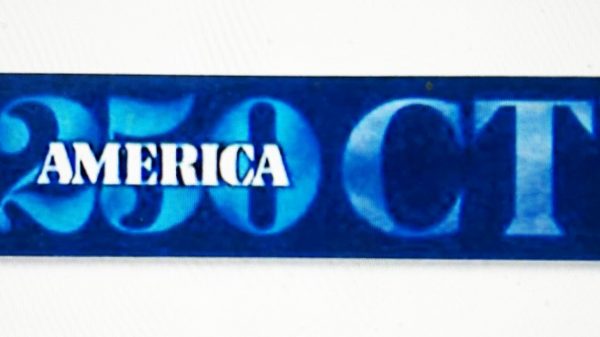
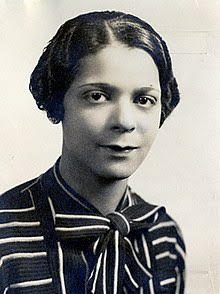
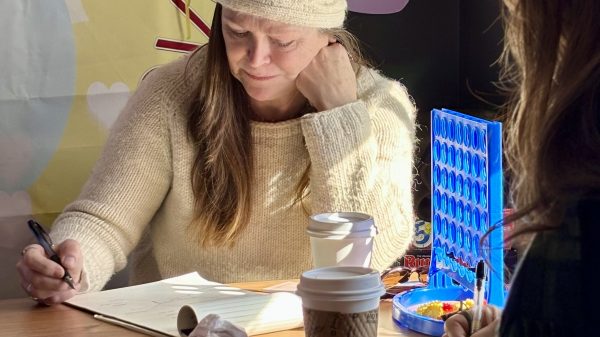

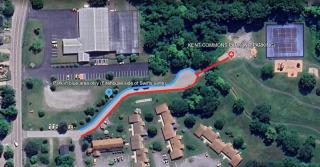











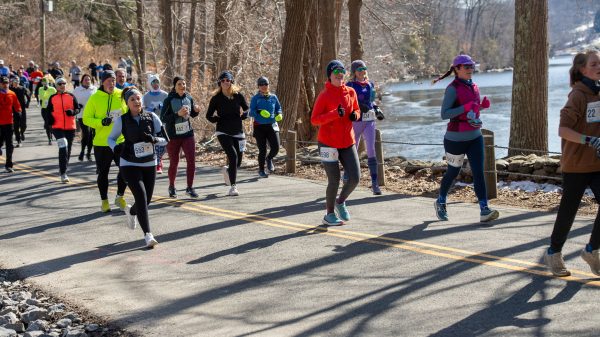













Linda B Hall
December 20, 2024 at 12:24 pm
Your article states that Lynn Worthington commented that data collected over five weeks last spring showed that 31,000 speeding tickets would (could) have been issued. It would be interesting to see if the majority of those infractions would have occurred on the weekends when Kent sees more non-resident traffic. I live on Route 7 just south of town and the number of cars and motorcycles that speed by my house on the straightaway is astounding; historically we have been told that nothing could be done because it is just too dangerous for the Troopers to try and enforce the 45 mile an hour speed limit. I would also like to see that if approved, the income generated would go toward road repairs (the middle section of Bulls Bridge Road for example is horrendous).